(CLO) After many days of fierce fighting between Sunni and Shia sects in Khyber Pakhtunkhwa, Pakistan, the government announced a 7-day ceasefire.
The violence, which began on November 21, has left more than 40 people dead, mostly Shia Muslims, and many others injured.
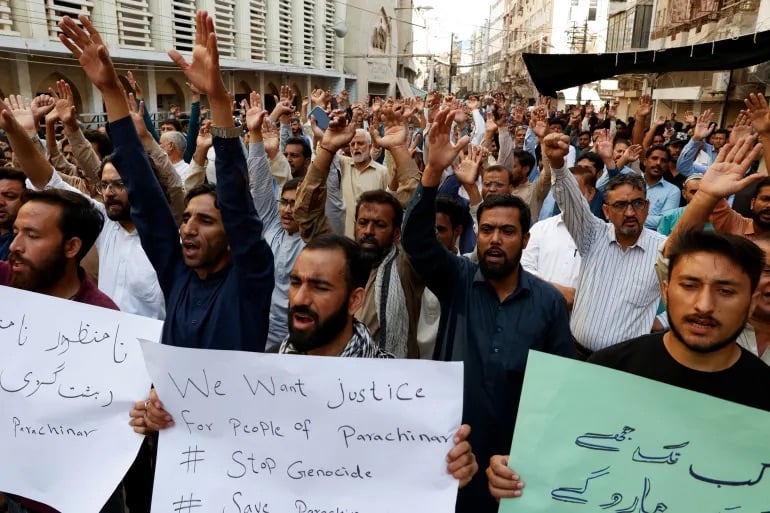
Protesters condemn the killing after gunmen opened fire on a passenger bus in Kurram, Karachi, Pakistan on November 22, 2024. Photo: Akhtar Soomro/Reuters
Clashes broke out after gunmen attacked civilian convoys, killing dozens. In response, residents in the area launched attacks targeting Sunnis.
The Kurram region, located near the Afghan border, has long been a flashpoint for sectarian conflict between Shia and Sunnis. The main cause is believed to be decades-long land disputes.
Following the attacks, Khyber Pakhtunkhwa provincial government spokesman Muhammad Ali Saif said the sides had reached a ceasefire agreement on November 24. “Both sides also agreed to exchange prisoners and return each other’s bodies,” he added.
The peace team flew to Parachinar, the capital of Kurram district, on November 23 to meet with Shia and Sunni leaders. The city and surrounding villages have been under strict curfew, with armed groups present.
Khyber Pakhtunkhwa provincial police chief Akhtar Hayat Gandpur said Shia leaders demanded the immediate arrest of those who attacked civilians and compensation for the victims.
Kurram district was part of the Pakistan Autonomous Tribal Administrative Areas (FATA) until it was merged into Khyber Pakhtunkhwa province in 2018. Since then, the area has witnessed protracted conflicts between the Shia and Sunni communities.
Last month, 16 people, including three women and two children, were killed in similar clashes. According to the Human Rights Commission of Pakistan, at least 79 people were killed in sectarian violence in the area between July and October 2024.
Clashes in July and September this year only ended when a tribal council intervened and called for a ceasefire.
On November 22, hundreds of people in the cities of Karachi and Lahore took to the streets to protest sectarian violence, demanding that the government ensure security and justice for the victims.
While the seven-day ceasefire is seen as a positive step, experts warn that sectarian conflict will not end unless underlying issues such as land disputes and regional inequality are thoroughly addressed.
Cao Phong (according to Reuters, aljazeera)
Source: https://www.congluan.vn/cac-nhom-giao-phai-doi-dich-dong-y-ngung-ban-7-ngay-o-pakistan-post322736.html


![[Photo] National conference to disseminate and implement Resolution No. 66-NQ/TW and Resolution No. 68-NQ/TW of the Politburo](https://vphoto.vietnam.vn/thumb/1200x675/vietnam/resource/IMAGE/2025/5/18/adf666b9303a4213998b395b05234b6a)

![[Photo] Prime Minister Pham Minh Chinh chairs meeting on science and technology development](https://vphoto.vietnam.vn/thumb/1200x675/vietnam/resource/IMAGE/2025/5/17/ae80dd74c384439789b12013c738a045)

![[Photo] More than 17,000 candidates participate in the 2025 SPT Competency Assessment Test of Hanoi National University of Education](https://vphoto.vietnam.vn/thumb/1200x675/vietnam/resource/IMAGE/2025/5/17/e538d9a1636c407cbb211b314e6303fd)

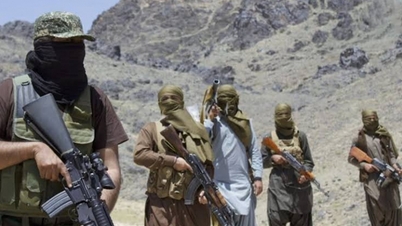







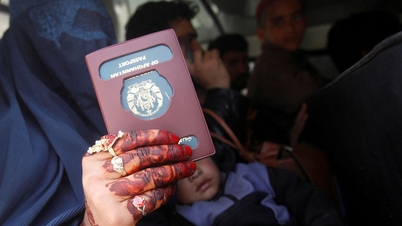

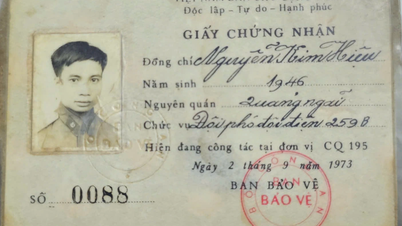


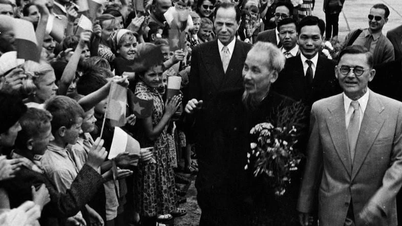

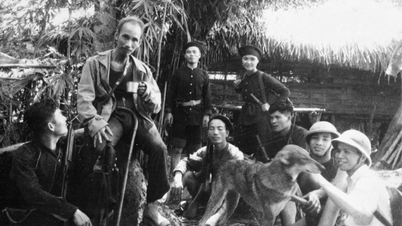
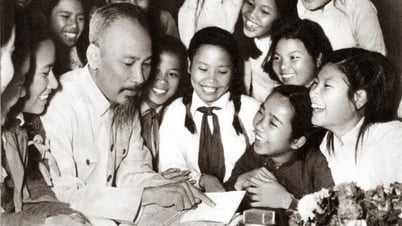

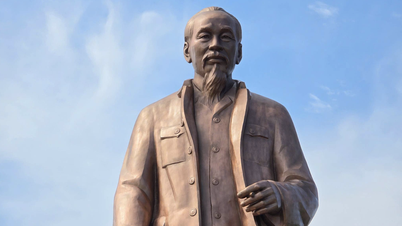










![[Photo] Readers line up to visit the photo exhibition and receive a special publication commemorating the 135th birthday of President Ho Chi Minh at Nhan Dan Newspaper](https://vphoto.vietnam.vn/thumb/1200x675/vietnam/resource/IMAGE/2025/5/17/85b3197fc6bd43e6a9ee4db15101005b)













































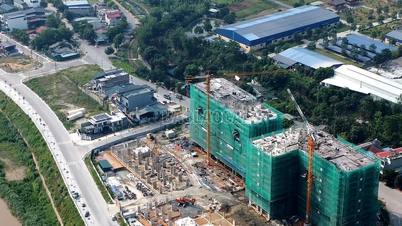



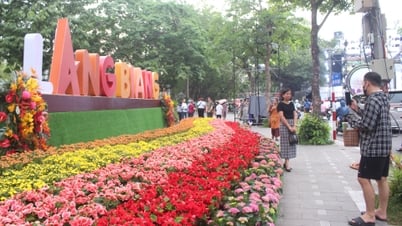





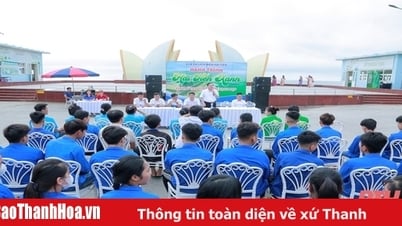











Comment (0)